For Lent, Can You Give Up “Not Writing”?
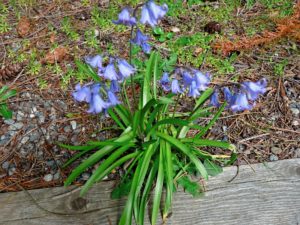 I have been declaring myself a writer for … well, ages. I love meeting writers and talking about their writing with them, but among the many people I meet, two groups baffle me:
I have been declaring myself a writer for … well, ages. I love meeting writers and talking about their writing with them, but among the many people I meet, two groups baffle me:
1. Writers who don’t admit that they write. (And why the heck not?)
2. People who want to write, and don’t.
If you are in the latter camp, I’d like to challenge you to write for at least five minutes every day for the next 40 days. Just 5 minutes. 40 days. Easy-peasy.
Whether or not you belong to a religious tradition that celebrates Lent, it begins today, 14 February, this year, and it’s a great time to take on this modest, 40-day challenge. “Lent” by the way is an Old English word, meaning Spring, and probably relating to “the lengthening of days.” The Greek equivalent means fortieth.
For whatever reason (I’m sure there is one), 40 is an important Biblical number. Noah’s Flood was caused by 40 days of rain. Moses and the Hebrew Tribes wandered in the desert for 40 years. Christ fasted in the wilderness for 40 days. There are other examples. And for anyone in a more secular mood, you could think of Franz Kafka’s Hunger Artist, who fasts for 40 days.
Lent is often thought to be synonymous with fasting — you’ve no doubt heard of chocolate fasts (but why would you?), shopping fasts, giving up anything generally “not good for you.” I like to think of the flip side of that, and use Lent as an opportunity to do something positive for 40 days.
What would you write?
Don’t get all intimidated by this. If you have a project that you have been meaning to start and you can start it, by all means, do that. If you can’t, just practice being present with a notebook and pen.
Write a very small list of gratitudes. Try to come up with new ones every day. (What you focus on will grow.)
Write about one person who has been on your mind or buzzing about your memory.
Take a photographer’s approach, but instead of taking a picture of the same spot in your garden or on your walk every day, write a little description of it.
Copy out a poem, not necessarily yours. (Any writing counts.)
Draft your own poem — let it be as bad as it needs to be — and then make notes and write variants of it for 40 days — just to see what happens (I’ve been doing this with a poem about my mother).
Write a letter each day.
What if you get all tied up in knots with resistance?
If five minutes are impossible, write for one minute.
Treat yourself like your employee (or child!) — I do this by setting a timer. (Look, here, Bethany, I’m setting the timer for five minutes and I expect you to write until that chime goes off!)
I’m willing to bet that there is some sort of writing that you do already — tweets or Facebook posts or emails. So try writing on your chosen itty-bitty project in that forum. Collect the results and keep them in a folder or envelope or desk drawer. Don’t look at them until the 40 days are up.
Give yourself itty bitty rewards. Big rewards get me all nervous and are weirdly counter-productive, but I will write for red X’s or shiny foil stars. And I don’t know why I’m so compulsive, but I just love an “every day” project. (Ask me how many days in a row I’ve done the dumb little game my daughter downloaded to my phone.) Doing something every day (like walking for at least 5 minutes every day since January 5!) begins to contain its own motivation and rewards.
Remind yourself, it’s just for a few minutes. It’s just for 40 days.
And, while I’m at it, if you are a closet writer (see group #1 above), why not find a way to challenge yourself to share a little bit of work every day for 40 days? You could email it or message it to a friend, and they could do the same for you.
Think of this project as not fasting (giving up anything), but as choosing joy for 40 days. And why not?


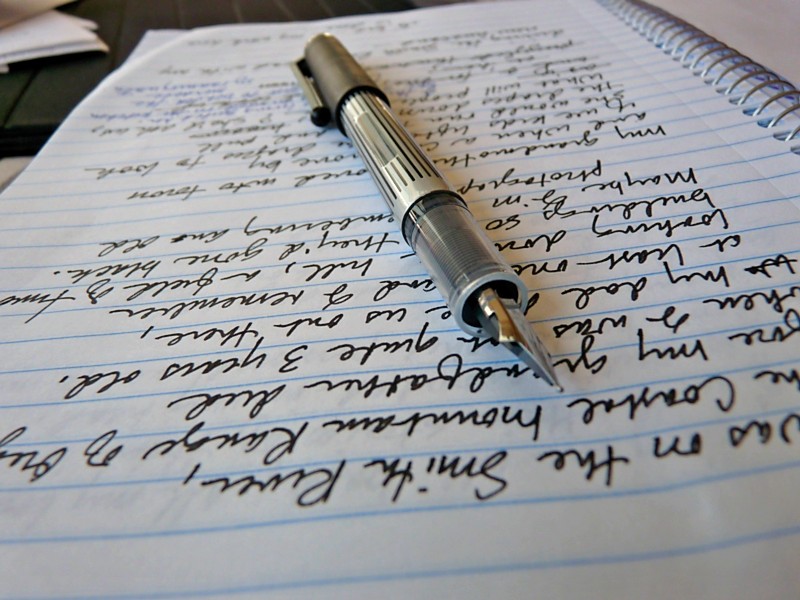
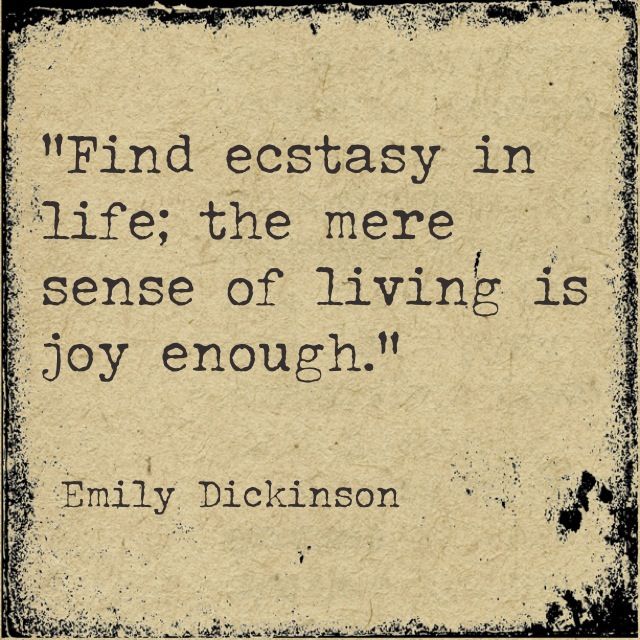
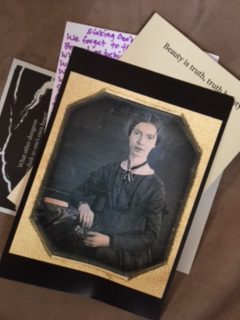 This coming Saturday, I will be presenting my “Writing with Emily Dickinson” talk at the South Whatcom branch of the Whatcom Public Libraries. Here’s a
This coming Saturday, I will be presenting my “Writing with Emily Dickinson” talk at the South Whatcom branch of the Whatcom Public Libraries. Here’s a 

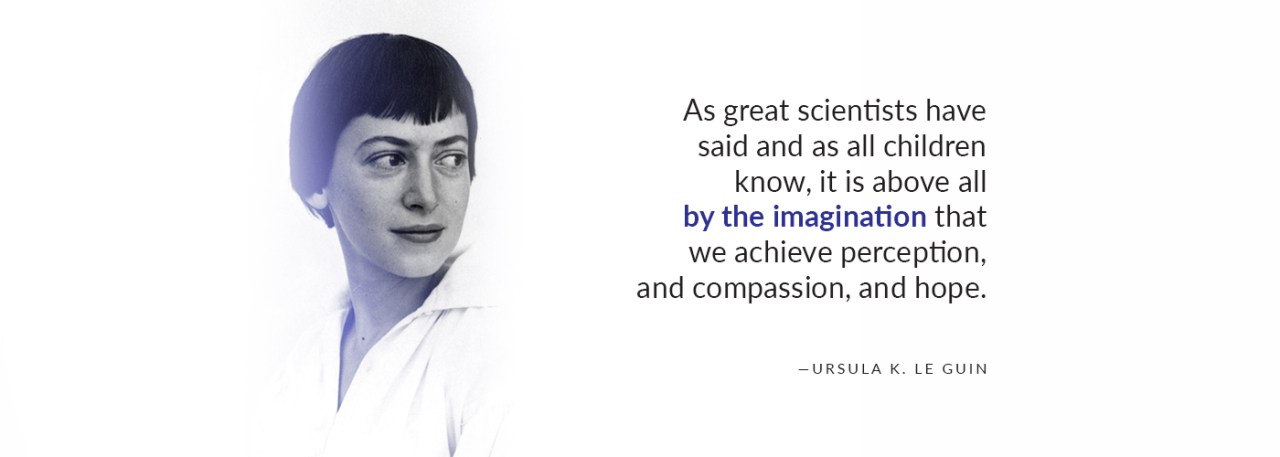
 “We live in capitalism. Its power seems inescapable. So did the divine right of kings. Any human power can be resisted and changed by human beings. Resistance and change often begin in art, and very often in our art, the art of words.”
“We live in capitalism. Its power seems inescapable. So did the divine right of kings. Any human power can be resisted and changed by human beings. Resistance and change often begin in art, and very often in our art, the art of words.”